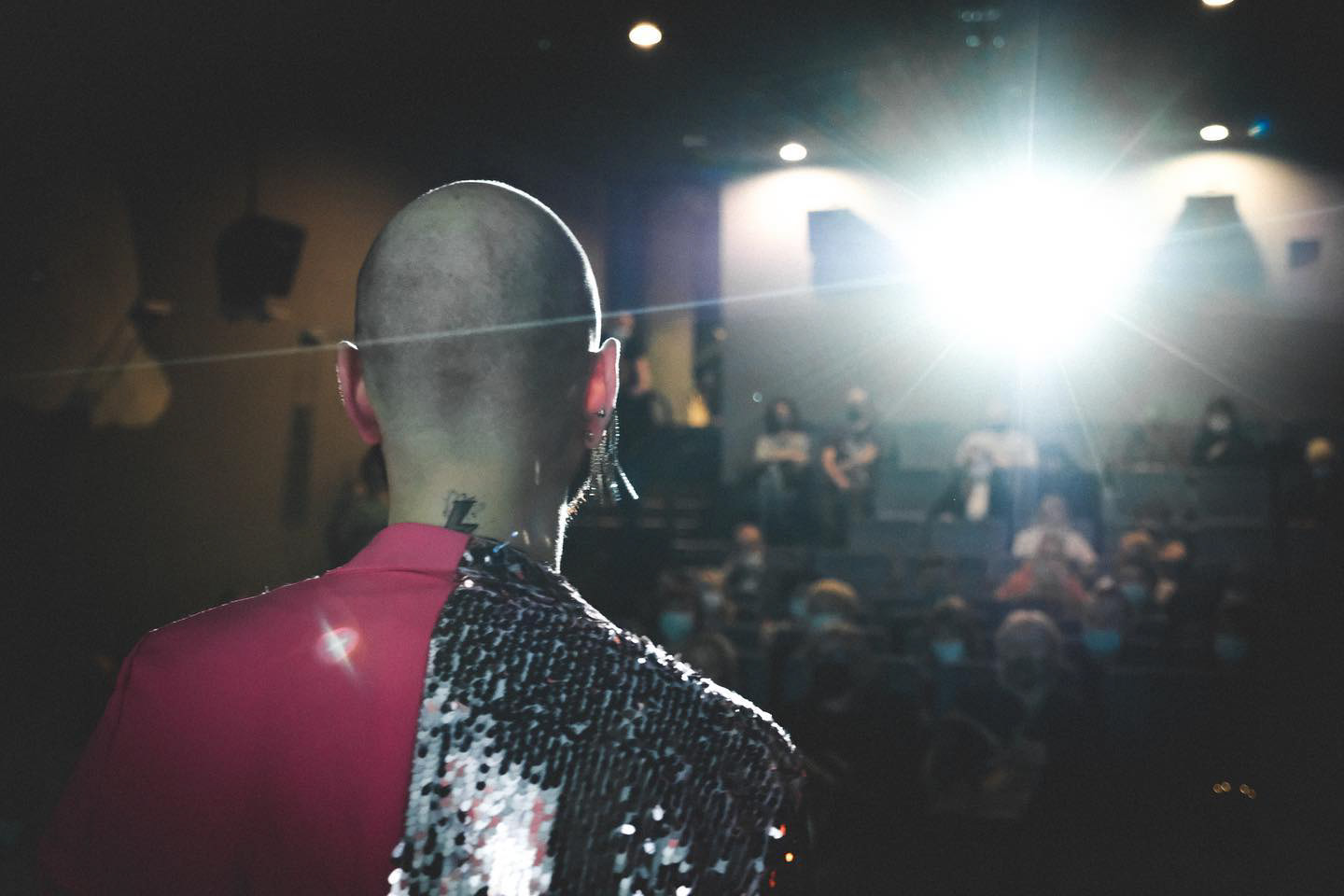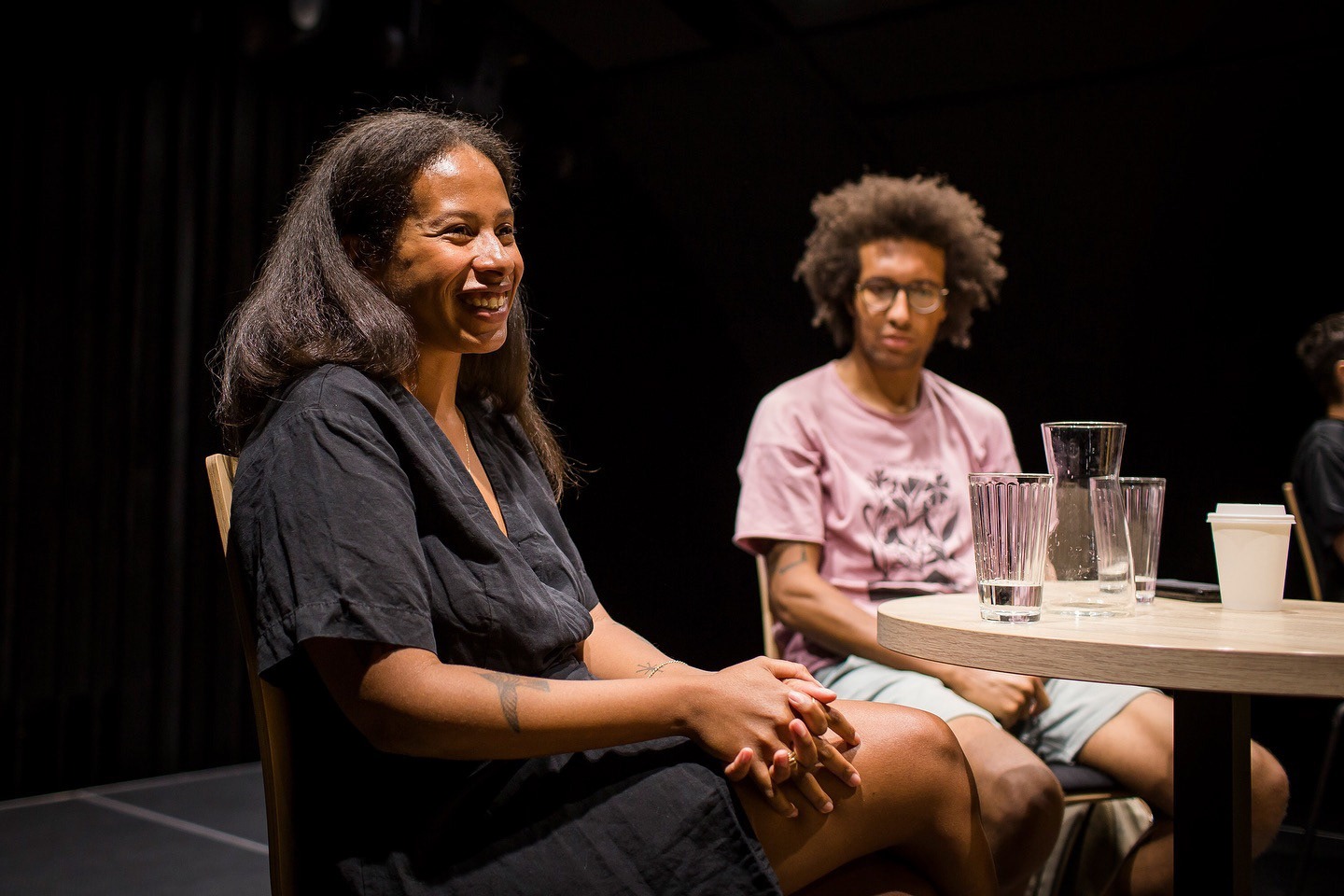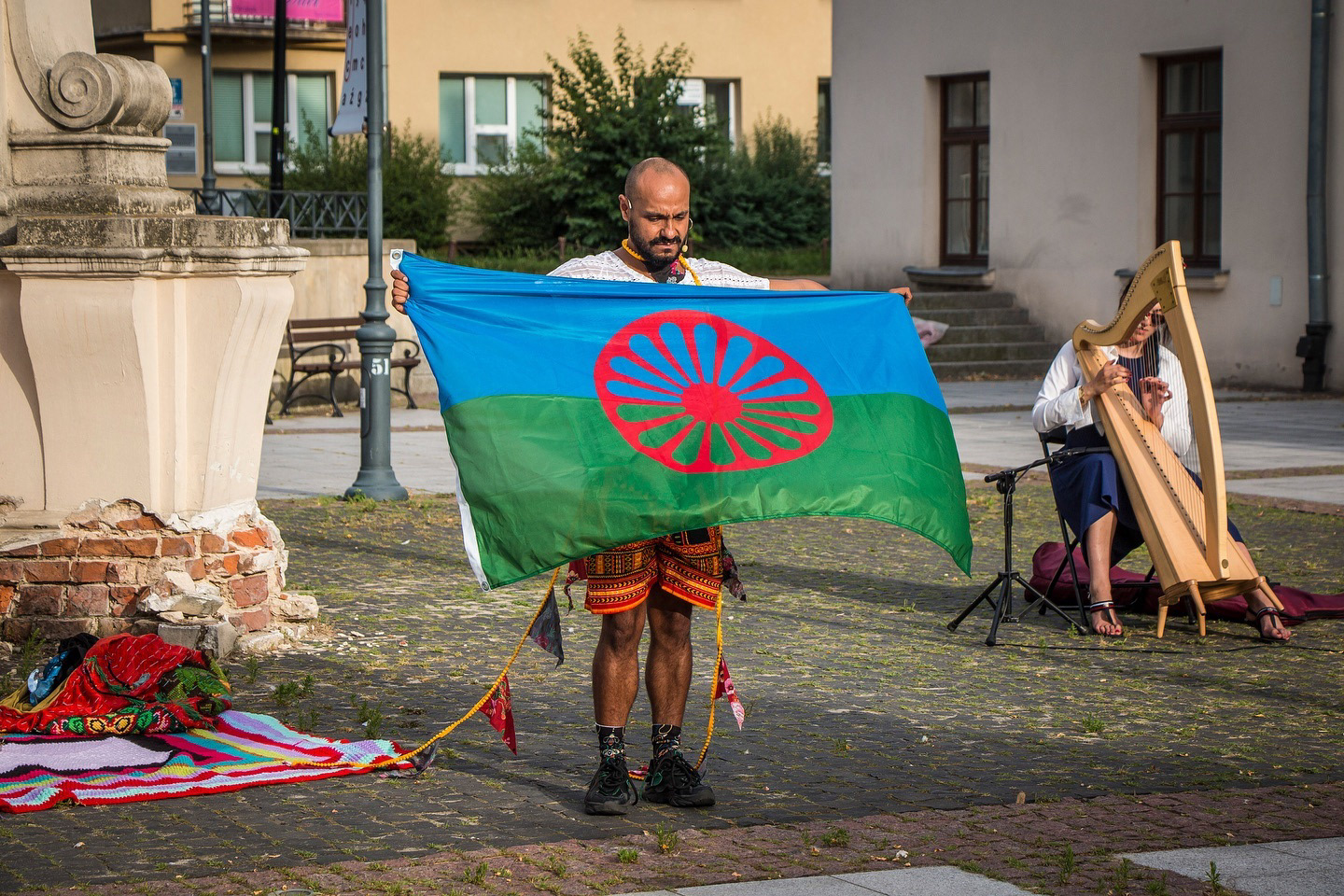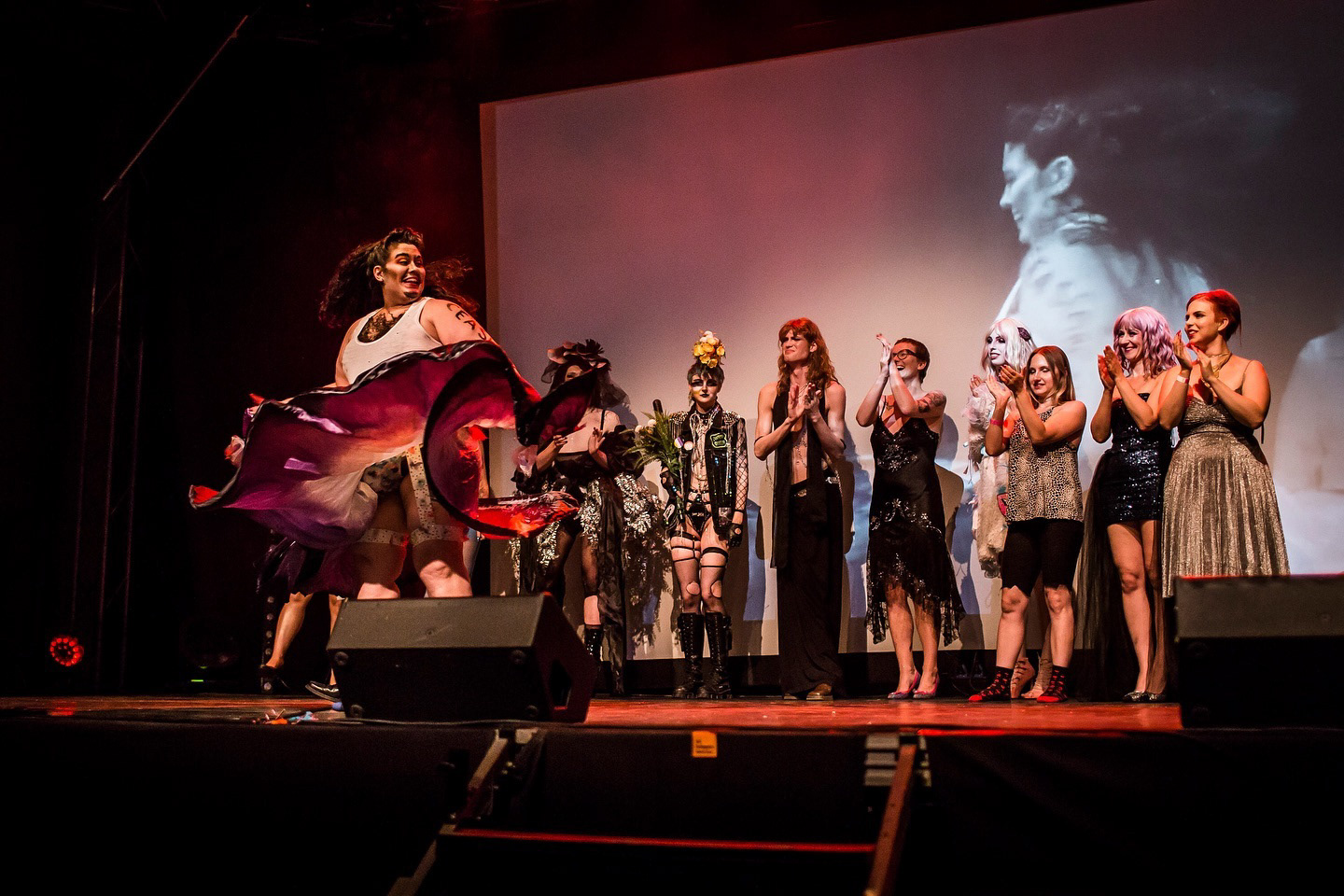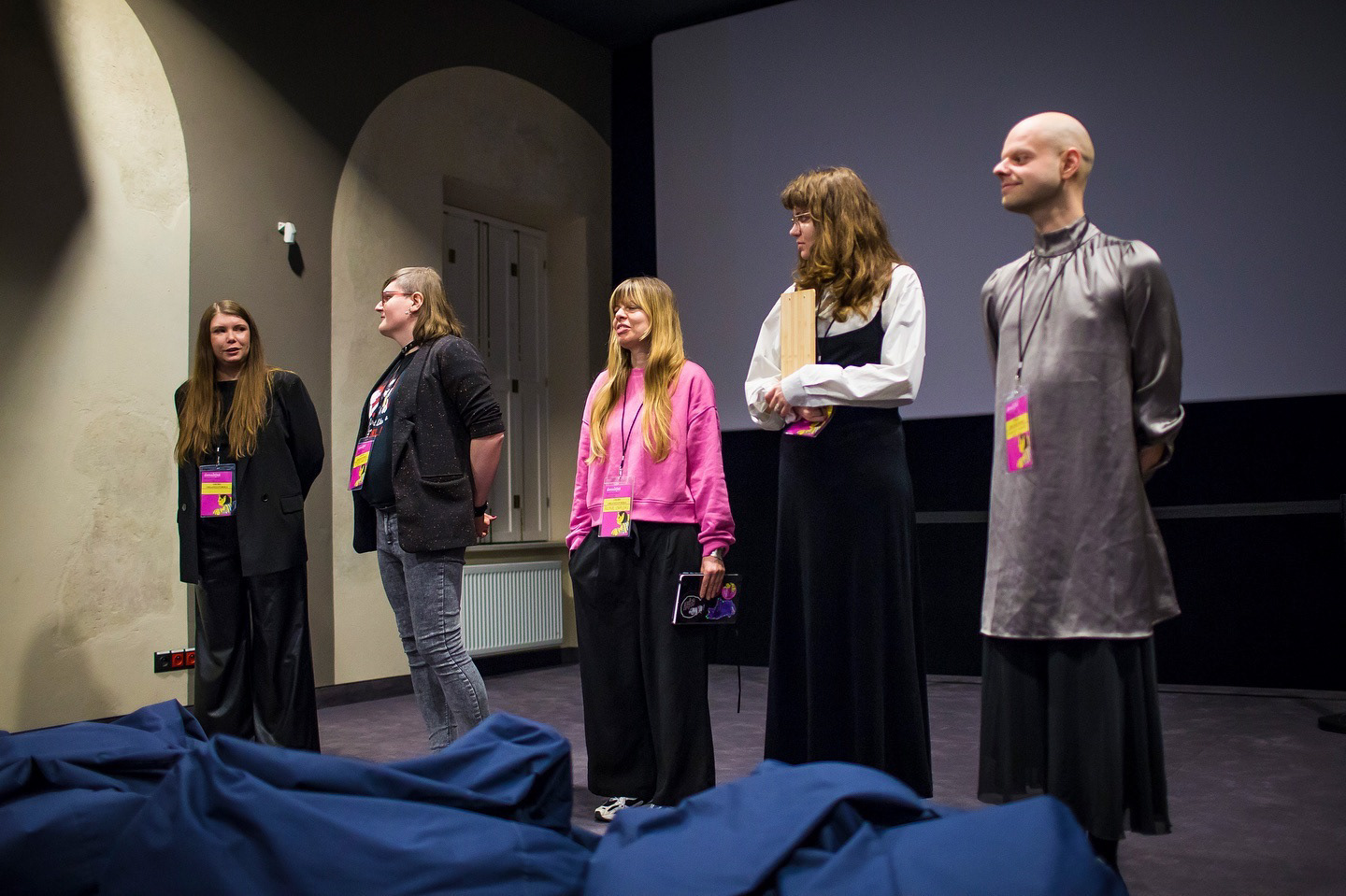Camera Femina is a feminist-queer cultural foundation founded in Lublin in 2019, dedicated to amplifying the participation of women and LGBTQIAP+ individuals in the arts, culture, and public life. Through a blend of artistic, educational, and activist initiatives, the foundation fosters intersectional feminism, queer visibility, human rights, and cultural diversity, striving to create inclusive, accessible, and empowering spaces.
From its inception, Camera Femina has prioritized accessibility and inclusivity. Events are designed to accommodate individuals with disabilities, incorporating Polish Sign Language interpretation, audio descriptions, and barrier-free venues. Most programs are offered free of charge to combat economic exclusion and ensure broad community engagement.
Initially focused on Lublin, Camera Femina expanded its reach to Warsaw in 2024, launching projects like:
Transposition (2024, Warsaw): A research-artistic endeavor documenting the histories and experiences of transgender and nonbinary individuals in Warsaw. The project featured in-depth interviews, a documentary audio piece, and site-specific installations, culminating in public events including discussions and performances. Funded by the City of Warsaw under the public task: culture, art, protection of cultural goods and national heritage.
Tra(n)sforming Warsaw (2024, Warsaw): A socio-cultural project preserving the collective memory of the transgender community in Poland through trans-historical city walks. These guided tours highlighted significant sites related to activism, culture, and daily life of transgender individuals in Warsaw, such as former clubs Rasko/Le Garage, Toro, and headquarters of organizations like UFA, Trans-Fuzja Foundation, and Lambda Warszawa. The project ensured inclusivity with audio guides, Polish Sign Language translation, and routes accessible to individuals with mobility impairments.
Key initiatives include:
Demakijaż – Women’s Art Festival (9 editions, 2016–2024): An annual festival showcasing works by women filmmakers and promoting feminist cinema. In 2022, the festival broadened its scope to include various art forms, emphasizing the role of art in driving social change. The festival continues to present films, theater, literature, music, and visual arts, fostering discussions on femininity, equality, and women’s rights.
Queerz Get Loud Festival (5 editions, 2020–2024): An interdisciplinary festival celebrating LGBTQIAP+ life and culture through visual arts, performance, theater, dance, music, film, photography, literature, and community workshops. The festival provides a safer space for queer expression and has been recognized nationally, receiving a nomination for the LGBT+ Diamond Awards in 2022.
Let’s Start the Revolution (6 editions, 2019–present): An international short film competition highlighting works directed by women and individuals with feminine experiences, focusing on themes related to femininity. The competition serves as a networking platform for creators, audiences, and producers in the film industry.
Intersectional Workshops: Camera Femina conducts workshops on inclusive language, ecofeminism, sexual education, and queer identity. In 2022 and 2023, a series of intersectional workshops were offered free of charge, supported by the Guerrilla Foundation.
Przegięcie (2022–2024, Lublin): A new format on the Lublin scene, showcasing performances in burlesque, drag, and related feminist-queer art forms. The project creates a safe, inclusive space open to all identities and expressions, challenging patriarchal norms and celebrating diversity.
In the Frame (2020–2021, Lublin): A series of author meetings focusing on books that contribute to contemporary debates on a rapidly changing world. The events highlighted often overlooked people, objects, and phenomena, with meetings interpreted into Polish Sign Language.
Polish Republic Woman (2 editions, 2020–2021): An online series of film screenings and discussions with female directors from the post-communist era and emerging documentary filmmakers, exploring Poland after 1989 from women’s perspectives. Topics included spirituality, corporeality, aging, exclusion, and ecology.
Inclusive Podcast (2020–2021): A podcast series addressing cultural and societal topics from a feminist perspective, notable for being the first in Poland translated into Polish Sign Language, enhancing accessibility for Deaf individuals.
Political Academy of Women (2021): A podcast series, in collaboration with the Izabela Jaruga-Nowacka Foundation, featuring activists, scholars, and experts discussing women’s influence in politics, gender equality, and combating violence. Episodes were translated into Polish Sign Language.
Camera Femina’s work exemplifies a commitment to creating inclusive cultural spaces that celebrate diversity, promote equality, and challenge societal norms through art and activism.
Simona Kasprowicz was one of the co-founders and a driving force behind the development of Fundacja Camera Femina. She served as a curator, producer, and for a time, as the organization’s president, actively shaping its artistic and political direction. Her work within the foundation focused on building interdisciplinary, queer-feminist cultural programs that combined artistic innovation with grassroots activism. Kasprowicz was instrumental in the creation and realization of key projects, including the Demakijaż – Women’s Art Festival, Queerz Get Loud, and Transposition, bringing together diverse voices and practices while emphasizing accessibility, intersectionality, and radical inclusivity. Through her leadership, Camera Femina became a vital platform for marginalized communities in both Lublin and Warsaw.
